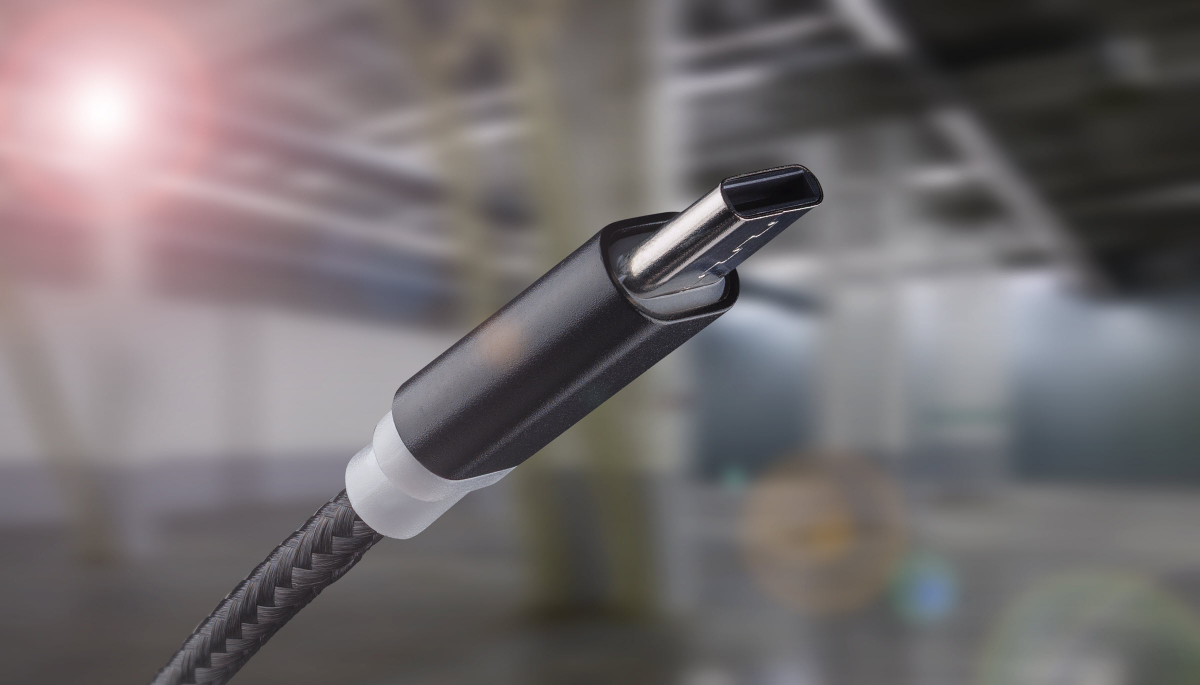ARD takes 5 euros a month for the new app
At EUR 18.36 per month and household, the broadcasting fee is anything but cheap. Nevertheless, some broadcasters do not seem to get by with their money. For the new ARD Plus app, you even have to pay almost 5 euros per month – and that comes at the top of the broadcasting fee.
Germany affords the most expensive public service broadcaster in the world. Almost 8 billion euros go to ARD, ZDF and Deutschlandradio every year – and that was before the increase in the broadcasting fee, which was recently raised to 18.36 euros. However, even with this sum, German citizens do not get full access to the ÖRR offer.
ARD Plus: Independent streaming app for EUR 4.99 per month
At least the ARD is now launching a new paid app: ARDPlus. If you want to access the content of ARD Plus, you have to Pay 4.99 euros per month. So far, ARD Plus was an additional offer on Magenta TV, Amazon Channels or AppleTV+ and also cost a monthly fee.
It is still understandable that an additional offer on commercial platforms is not free of charge. After all, Amazon or Apple incur costs by providing the platform, which they have to recoup. But it looks different if ARD Plus now becomes one independent streaming app and viewers should pay 4.99 euros per month for it. After all, you can test the service for two weeks free of charge.
ARD Plus for Android smartphones and the iPhone:
the ARD justifies the step with reference to its own expense. In the ARD Plus app, viewers have access to programs “to which ARD no longer owns the rights for free evaluation in the media library”. according to DWDL. Rights would have to be acquired, producers and authors would have to be paid. There are also technical and editorial costs.
The big streaming comparison:
Billions from the radio contribution: Isn’t that enough, ARD?
At first glance, the ARD words sound logical. On closer inspection, however, the question arises as to why ARD, with its budget of billions, is not able to raise this money through internal savings – and is holding out its hand instead. However, major changes in practice are not to be expected for the time being: although there is a new state media treaty, it only changes something about the compulsory broadcasting on linear television. Only in a second reform step should the financing of the ÖRR be discussed.



